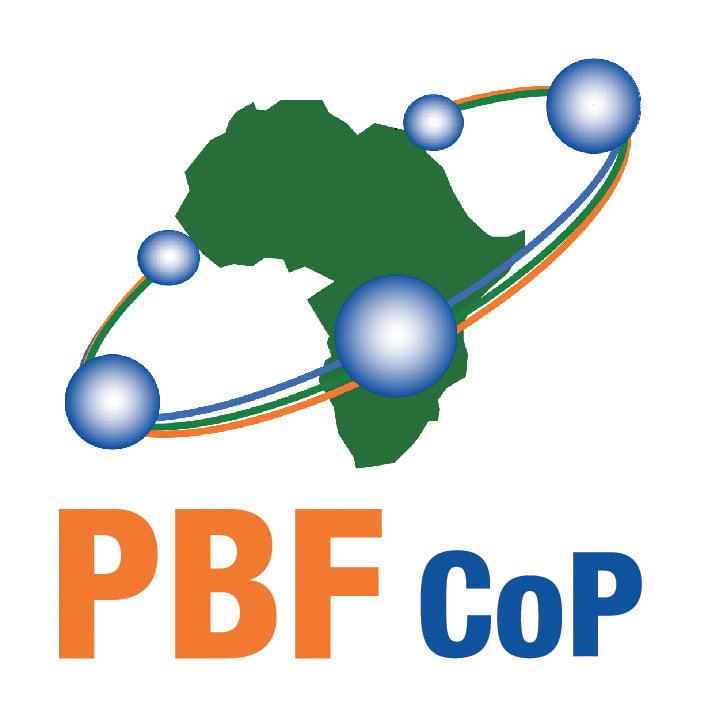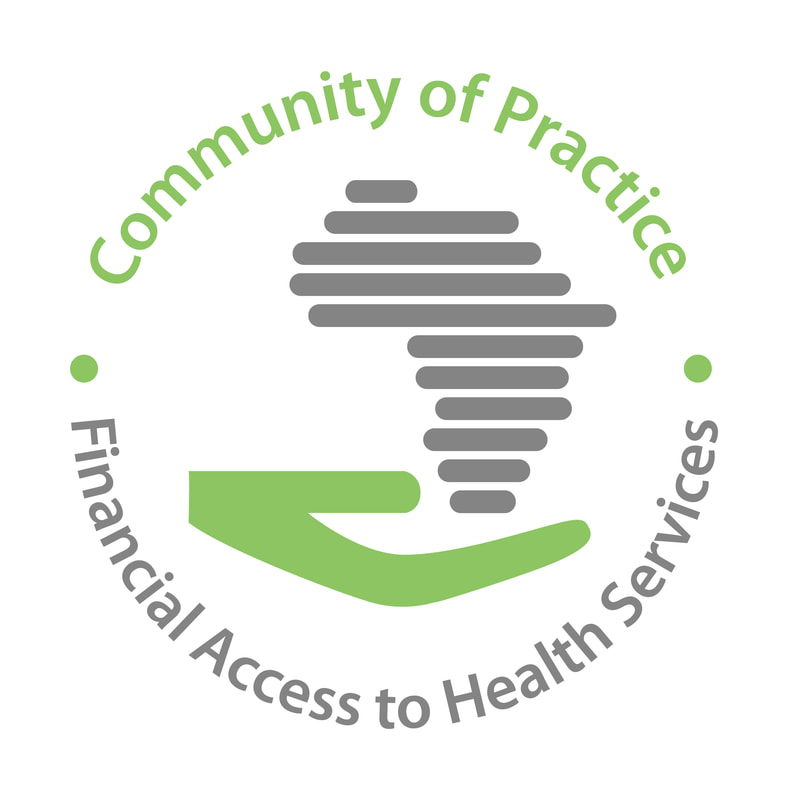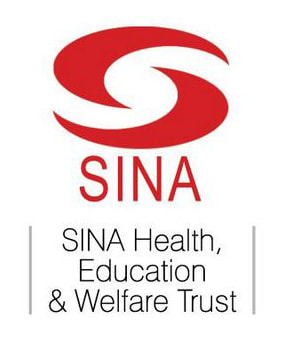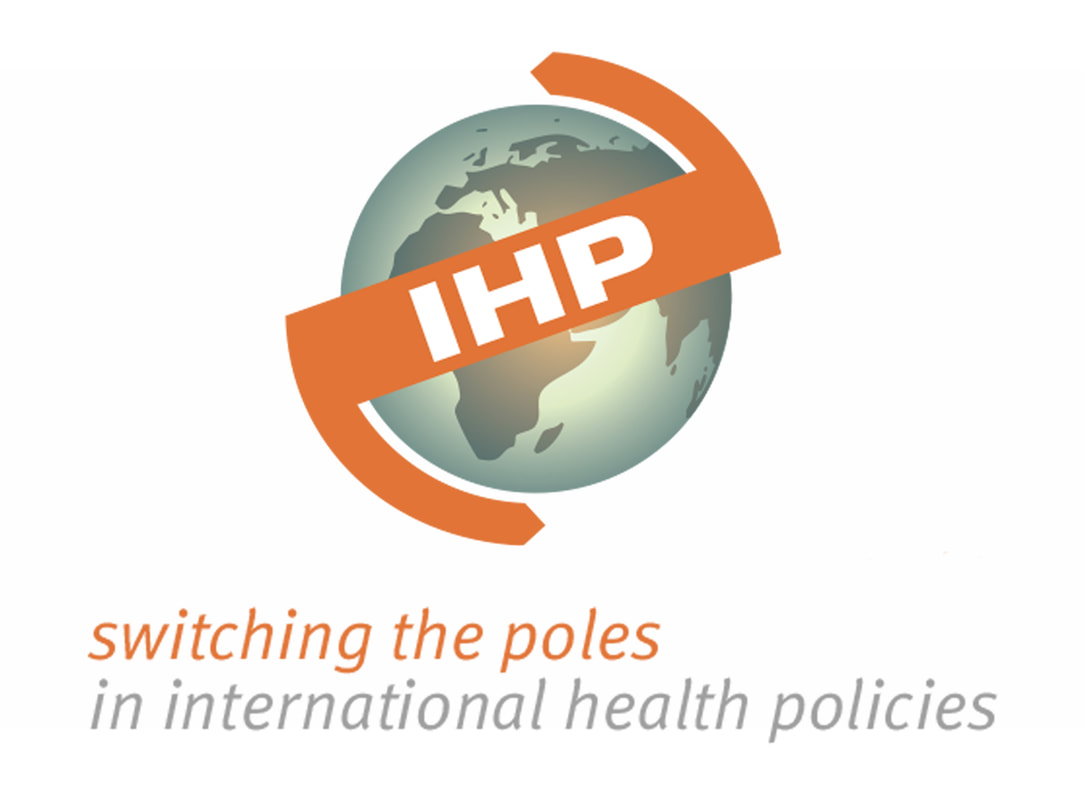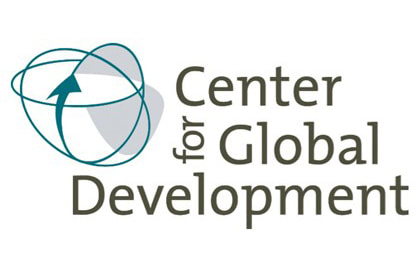Next year will mark the ten years of three events that have been important to our community: the publication of the WHO Report on Universal Health Coverage, the establishment of the PBF CoP and the scale-up of the Performance-Based Financing policy in Burundi. Should not we celebrate these anniversaries? We launch a call for ideas.
The launch of the PBF CoP
From February 2nd to 6th 2010, more than 100 experts gathered in Bujumbura for a Performance-Based Financing (PBF) workshop and for the launch of a community of practice of the same name. Those present certainly remember this week of passionate discussions without interference from agency or project agendas.
Ten years later, much of the vision that animated us has materialized. PBF has become a political axis in many countries. Of course, it is your contribution as professionals, day by day, which has been decisive. We simply hope that the PBF CoP, as a collective intelligence platform, has been helpful to you in your personal and collective journeys.
Ten years of existence, that’s a lot for a CoP. The time has come to take stock and think about the future. Many things have evolved as for knowledge about PBF. In 2010, researchers paid little attention to PBF. Nowadays, every month, new studies are published. A generation of researchers has made PBF the subject of their doctoral research. The World Bank has funded numerous impact studies. This development on the research side suggests that the body of knowledge has taken a more rigorous nature. Some ideas may have been 'falsified' (invalidated) by empirical studies. Others have been confirmed. It is probably time to re-evaluate some components of the policy, as others and ourselves, did, recently on the issue of family planning for instance.
While the PBF CoP has contributed to the international development of PBF, PBF has also affected the CoP PBF in its own dynamics. In the coming months, we would like to launch a debate with you on which future you would like to give to your CoP. This debate will be introduced by ourselves, but we will then rely on your own thoughts and proposals.
The Selective free health care – Performance-Based Financing Policy of Burundi
It was ‘bubbling’ with ideas in Bujumbura in 2010. On April the first, the Ministry of Health scaled up the PBF strategy nationwide. Burundi thus became the second country, after Rwanda, to make PBF a national policy with considerable investment from public finance.
The originality of the policy in Burundi was to integrate the PBF system within the selective free health care policy targeting children under 5 and deliveries (a policy in place since 2006). The Burundi experience significantly enriched our understanding of how PBF could be combined with strategies to remove financial barriers encountered by households (as a reminder, in Rwanda, PBF complemented the community-based health insurance scheme). Because of this trait, the significance of the Burundian experience goes well beyond its borders and could be a source of inspiration for other countries, as confirmed by a joint workshop of PBF CoP and the Financial Access to Health Services CoP in 2012 ... in Bujumbura.
Once again, we invite you to contribute to celebrate this anniversary. In 2020, on this blog, we will of course talk a bit about Burundi, but we would be especially interested in conducting a collective reflection going beyond Burundi alone. Questions could be about how PBF and user fee removal policies have been evolving in your countries, how they have strengthened (or not) health systems and what their future place in UHC will be. We could also discuss the perceptions of the actors and how to deal, in a dispassionate way, with criticisms against these policies. Should not we also be looking at the issue of sustainability? Feel free to come with your ideas.
The WHO Report 2010
Let's end with the most significant event. In November 2010, WHO published its Annual Report focused on the theme of Health Financing for Universal Health Coverage. Of course, this report was just another step in a process already underway, but it is undeniable that this document, by its quality, was a pivotal moment in the international dynamic in favor of UHC.
In 2020, with all of you, we would like to take the time to make a kind of assessment of what has been achieved over ten years. We invite you to take a closer look at the situation in Africa. As a ‘political banner’, has the UHC agenda enabled the fight against social injustice? Has it helped citizens to consolidate their rights to health? Do we see any evolution of the commitment at the level of the national authorities? Are these just words or real achievements? Is the knowledge ecosystem required for this ambitious political and technical program emerging in your country? How to appreciate the contribution of international organizations and academia over these 10 years? What do empirical data tell us about progress towards UHC? Have we been misguided as to implementation strategies? Is the integration of the private sector working? Questioning abounds!
We are open to your proposals. Do you have blog posts to propose us? Do you have any speakers you would like to hear in a webinar? Have you some ambitious projects for the CoPs to put forward? We are waiting for your proposals. We will see what is feasible at our level and what we will need to relay to other actors, including our friends at WHO.
We invite you to react directly at the bottom of this blogpost (click here). Thus, the discussion can be collective. But do not hesitate to contact us personally.


